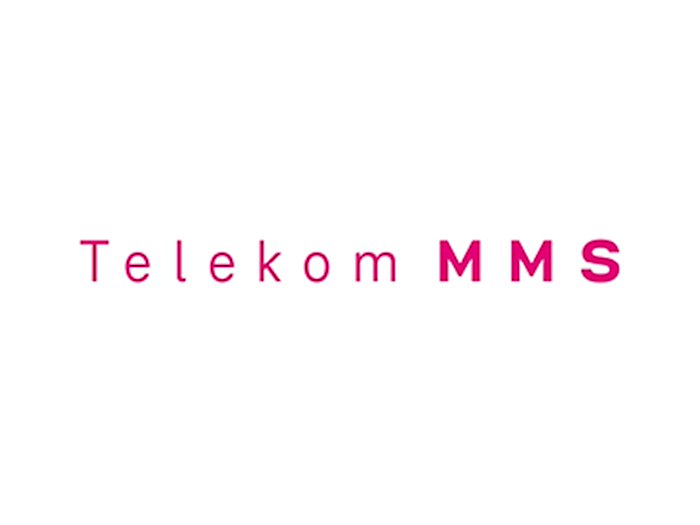
In conversation with Prof. Dr. Frank Schönefeld
Fresh from the TTI/Vanguard technology conference in the USA, AI consultant Prof. Dr. Frank Schönefeld (former CTO Telekom MMS) gives us the scalding hot news on the trends surrounding large AI-based language models (LLMs). Almost twelve months after our first conversation on the topic of generative AI, events have now come thick and fast and the race between the tech companies is being followed with excitement. So what about the potential of the individual market players and the regulatory aspects? The discussion with Frank was once again extremely informative and gave us an optimistic perspective on the future of this technology.
The Magnificent Seven: The race for AI leadership and the power of open source
Companies like Alphabet (with Google’s Bard and Gemini), Amazon (with Alexa and Olympus) and Microsoft (with GPT, OpenAI’s Q*) are at the forefront, investing heavily in the development of AI models. But they are by no means the only ones. Among the “glorious seven” leading US tech companies, Meta and Apple are also following suit with their open source approach (Llama). NVIDIA, the world’s leading provider of AI computing, supplies the now much sought-after and indispensable hardware. These companies have a considerable head start that is difficult to catch up with. The language models are incredibly huge in size and are also provided in different versions and applications. But the Chinese market should not be lost sight of either; with ERNIE, Baidu has already integrated its AI chatbot into search, map services, cloud and business apps.
The rapid development of AI models such as Google’s “Gemini” illustrates the enormous progress that has been made in this area in a very short space of time, heralding a new era. Frank also emphasizes that Gemini is a leader in multimodal performance and has already achieved impressive results. The AI is not just limited to speech, but also processes visual and acoustic input such as videos, audio and images. The importance of multimodal AI is growing rapidly. Seeing, speaking, hearing… which human senses can’t an AI actually use?
But is the use of a high-end AI really necessary for everyone, especially when you consider the considerable computing power required to run the applications? Gemini has therefore been classified into three variants: Ultra (for comprehensive applications), Pro (a smaller variant) and Nano (for local devices, such as Raspberry Pi or cell phones). The performance of Ultra is around 20-25% higher than Pro and 40% higher than Nano. The classification enables targeted adaptation to different applications and end devices, with Nano being more cost-effective and energy-efficient. With the launch of Copilot, Microsoft 365 is also already well advanced in terms of concrete offers and license models for its products.
Exciting developments are also emerging in Germany. Companies such as Aleph Alpha, universities such as LMU Munich and research institutes such as the Fraunhofer Institute for Intelligent Analysis and Information Systems (IAIS) are working on their own AI models and contributing to the further diversification and specialization of the AI market. The promotion of open source projects, for example based on LLaMA from Meta AI, and cooperation with established companies are also driving AI applications forward in Germany. The question of digital sovereignty and the ability to adapt AI models to European languages and regulatory conditions is becoming increasingly relevant.
Using intelligence intelligently: Both an opportunity and a challenge
In terms of productivity, our work processes in various job areas benefit from the use of AI. Frank is expecting enormous progress in terms of process automation and quality assurance, particularly in software development and testing. To achieve the best results here, prompt engineering is currently still a highly sought-after skill – which may soon be superfluous if AI generates these tailored to our needs according to instructions. The application scenarios are also being thought through for the biggest challenges facing humanity, from healthcare to combating climate change. It’s exciting to see how companies and research institutions around the world are working to harness the power of AI to develop innovative solutions to complex problems.
In this context, it is important that the development and application of AI is driven forward responsibly and sustainably. AI must therefore work in accordance with ethical standards and social values. At the same time, we as a society must openly discuss the challenges and risks of AI to ensure that we use the technology for the benefit of all.
Discussions about the regulation of AI are of great importance, as they form the basis for the responsible use and development of this technology. Looking at AI from an ethical perspective and integrating human rights safeguards are crucial to ensure that AI systems support society in a positive way. Recently, as part of the AI Act negotiations at European level, there have been discussions on the regulation of AI applications that take a risk-based approach. This approach aims to identify application classes in which the use of AI should be restricted or prohibited, such as in the case of widespread facial recognition or social scoring. The implementation of such regulation can help to minimize the potential risks of AI applications and protect human rights at the same time. Despite corresponding initiatives, the fears of manipulation and misuse cannot be minimized. Nevertheless, it would be wrong to demonize the technology and squander the great potential of AI through regulation. The technology is “only” an instrument whose application can also be exploited for immoral interests. This makes it all the more important to deal with the methods of misuse and to hold manufacturers and users accountable.
In the latest podcast episode of “Ausgesprochen digital”, you can hear exactly how these opportunities should be recognized and used, and what role logical reversals and puzzles play in the AI benchmark.
This episode is hosted by Steffen Wenzel, co-founder and managing director of politik-digital.
– – – – – –
Further links
👉 www.telekom-mms.com
👉 To the podcast
Photo: Telekom MMS




